The prize catch of the title isn’t exactly who you might expect in “A Nice Indian Boy,” a romantic comedy that brings a welcome queer angle to that substantial subgenre of love stories tangled up in Indian social mores and cross-generational family politics. In many such films, Naveen (Karan Soni) would be the most desirable of matches for a female protagonist: good-looking, well-spoken and a working doctor. That he’s gay puts him in the less traditionally masculine role of the one seeking a suitor; that his “nice Indian boy” is in fact Jay (Jonathan Groff), a white man raised in Naveen’s culture, is the more complicating factor in director Roshan Sethi‘s bright, big-hearted if overly tidy third feature.
Still, Sethi and screenwriters Eric Randall — adapting a stage play by Madhuri Shekar — aren’t out to subvert every trope and tradition in the book. From its meet-cute in a Hindu temple to its easily resolved second-act breakup to its culminating, colorful wedding dance, “A Nice Indian Boy” offers few structural surprises, hewing closely to a classic romcom template that for a long time wasn’t available to queer characters — much less queer characters of color. Indeed, the film rather neatly lampshades its own conventions by quoting directly from Bollywood — specifically the ‘90s classic “Dilwale Dulhania Le Jayenge” — as it delivers its characters the cornball happy ending of their daydreams. For a certain audience, this festival crowdpleaser (a SXSW premiere back in March) might set a similarly aspirational bar.
The film opens on the wedding of Naveen’s smart, attractive older sister Arundhathi (Sunita Mani) to a handsome, eminently approvable Indian man — a dream outcome for the siblings’ loving but anxiously status-fixated immigrant parents, Megha (Zarna Garg) and Archit (Harish Patel), who were themselves married by arrangement back in India. Resisting invitations to the dancefloor, Naveen wonders if he’ll ever be at the center of such a ceremony. Though he’s out to his more-progressive-than-most family, he keeps his personal life firmly walled off from them, and they’re not inclined to meddle the way they likely would were he straight.
Little has changed when the film skips ahead a few years. Single and predominantly involved with his job, Naveen feels his parents value him less than the married but still childless Arundhati. He finds an improbably ideal prospect, however, in charming photographer Jay, who’s not just polite and respectful to a degree no hawk-eyed mother could fault, but a devoutly practicing Hindu with a tattoo of the god Ganesh on his shoulder and a soppy penchant for Bollywood movies. Turns out he was adopted by now-deceased Indian parents as a child — though even as the two fall for each other, Naveen finds himself more unnerved than reassured by their cultural commonalities.
As the relationship turns some way past serious and toward the “meet-the-parents” stage, Naveen remains hesitant about collapsing that particular divide in his life. Randall’s script is most perceptive when examining its protagonist’s preconceptions, many of them misplaced, about his family: His parents, especially his taciturn dad, may not be as old-fashioned and prejudiced as he believes, while Arundhati isn’t living a conservative ideal of Indian marriage. As a study of a middle-class Indian American family in an ongoing cultural transition between two countries, “A Nice Indian Boy” is gently funny and quite moving — aided by Garg’s lovely, frazzled performance as an instinctively protective mother waiting to be let into her son’s life.
As a romance, it’s slightly less satisfying, in large part because Jay — played with typically wholesome warmth by Groff — remains more of a concept than a character, negotiating this unusual clash of sensibilities (if not cultures, exactly) with such unflagging grace and maturity and, well, niceness that he begins to seem a little too good to be true. We’re offered little sense of his life — domestically, professionally or socially — outside what Naveen sees, and little of their own routine as a couple beyond critical milestones and confrontations, though their chemistry is unforced and entirely credible. Such omissions allow for pat resolutions to conflicts when they do arise: In this world, long, thorny conversations can be elided with a restaged musical number from “Dilwale Dulhania Le Jayenge,” or a shared cookery tip in the kitchen.
But such is the shorthand of the mainstream romantic comedy, and “A Nice Indian Boy” earns its clichés with sincerity and good humor — toward an ending that, with knowingly goofy choreography and the intensified jewel tones of Amy Vincent’s lensing, overrides cynicism in the manner of any good wedding. “I think we’re all embarrassed by the bigness of love,” Jay says Naveen on their very first date, and Naveen certainly is. “A Nice Indian Boy” is not, however, which is exactly how it wins us over.

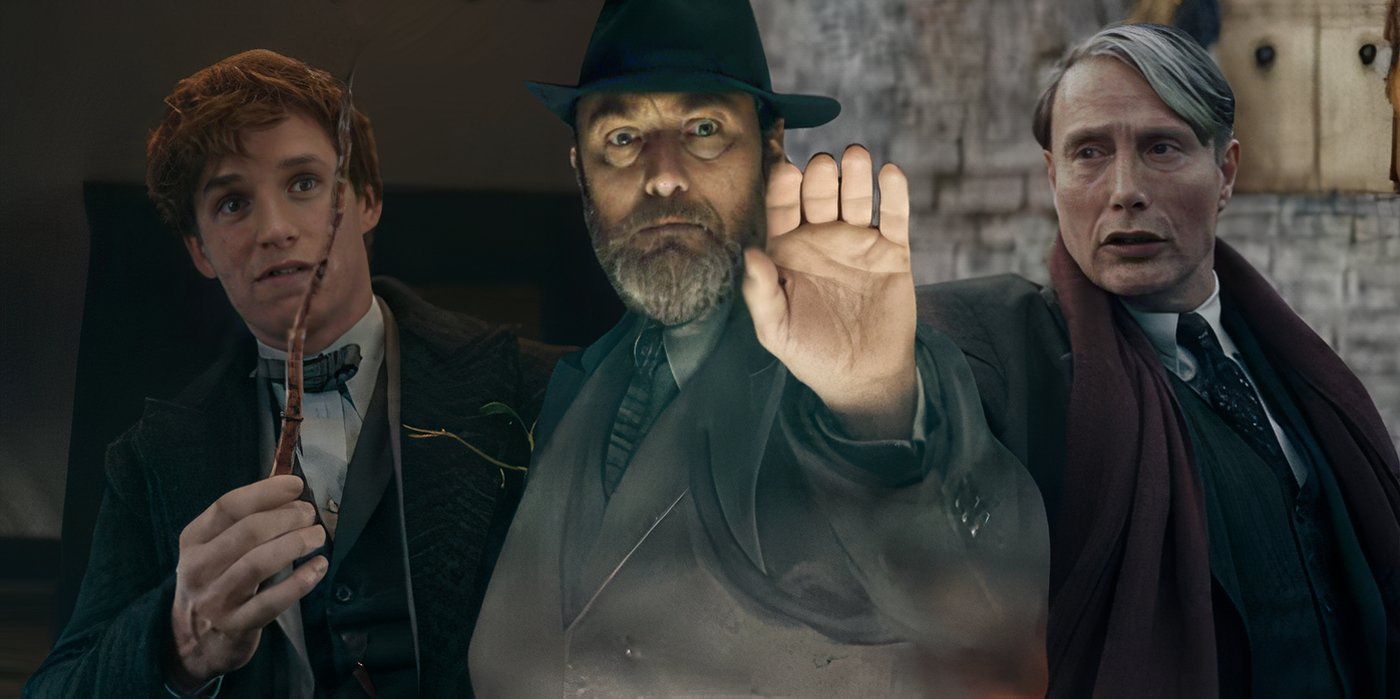
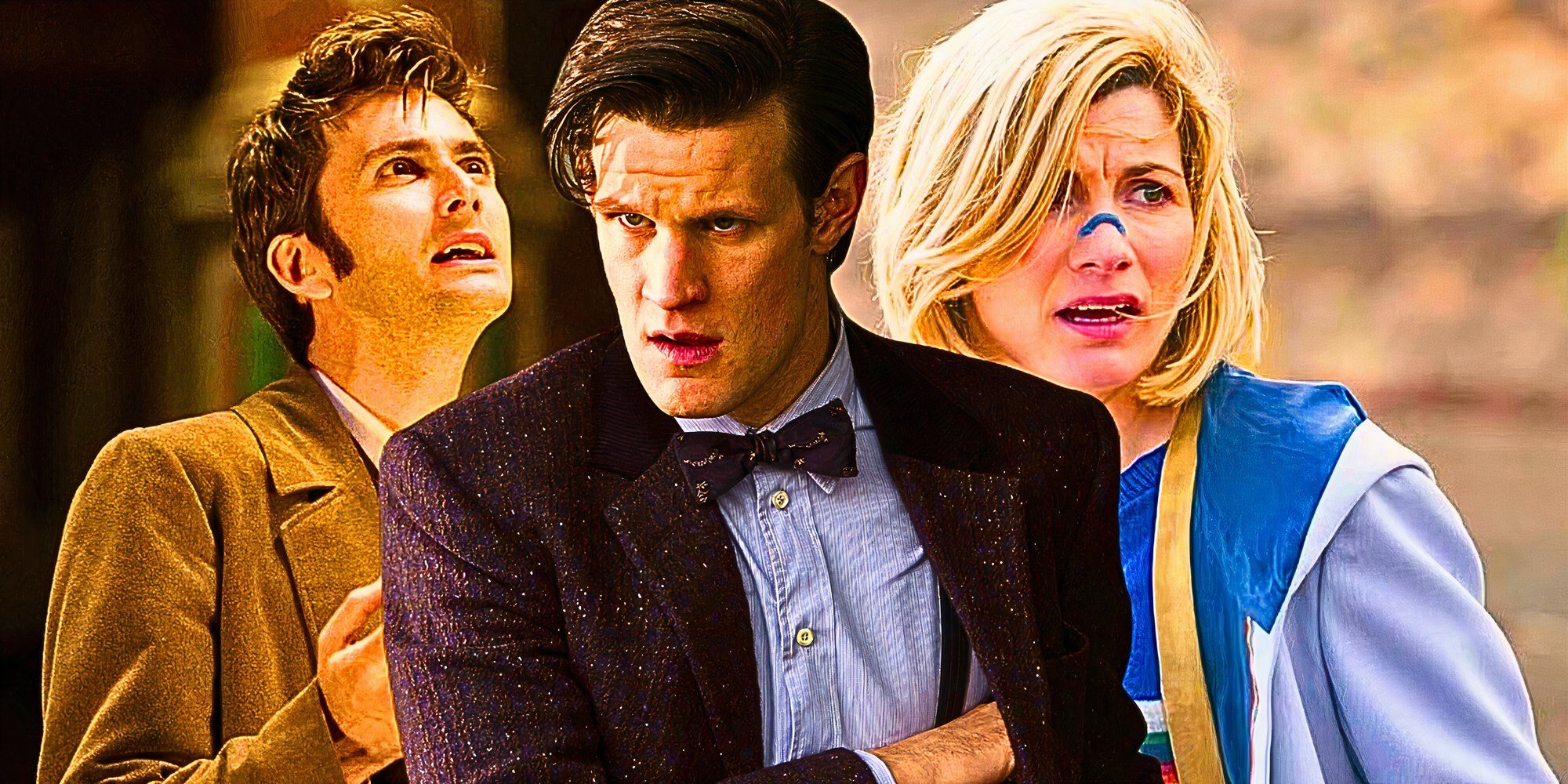
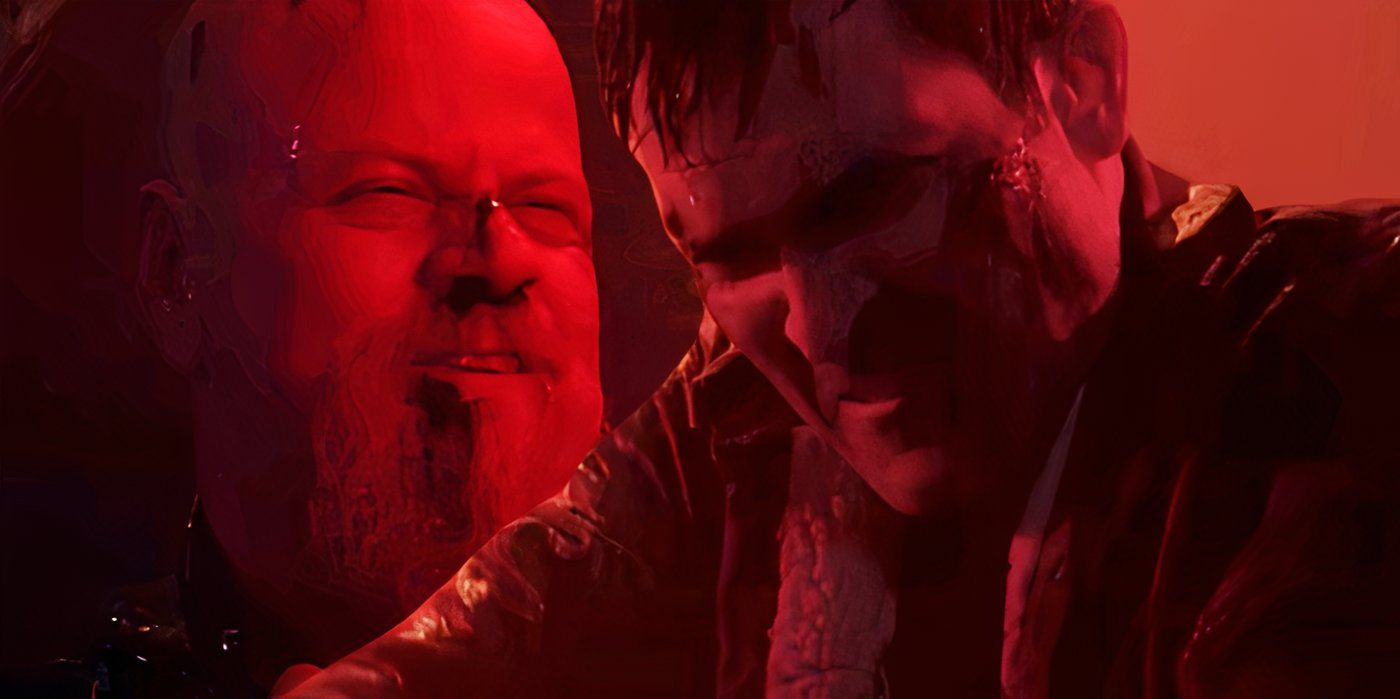
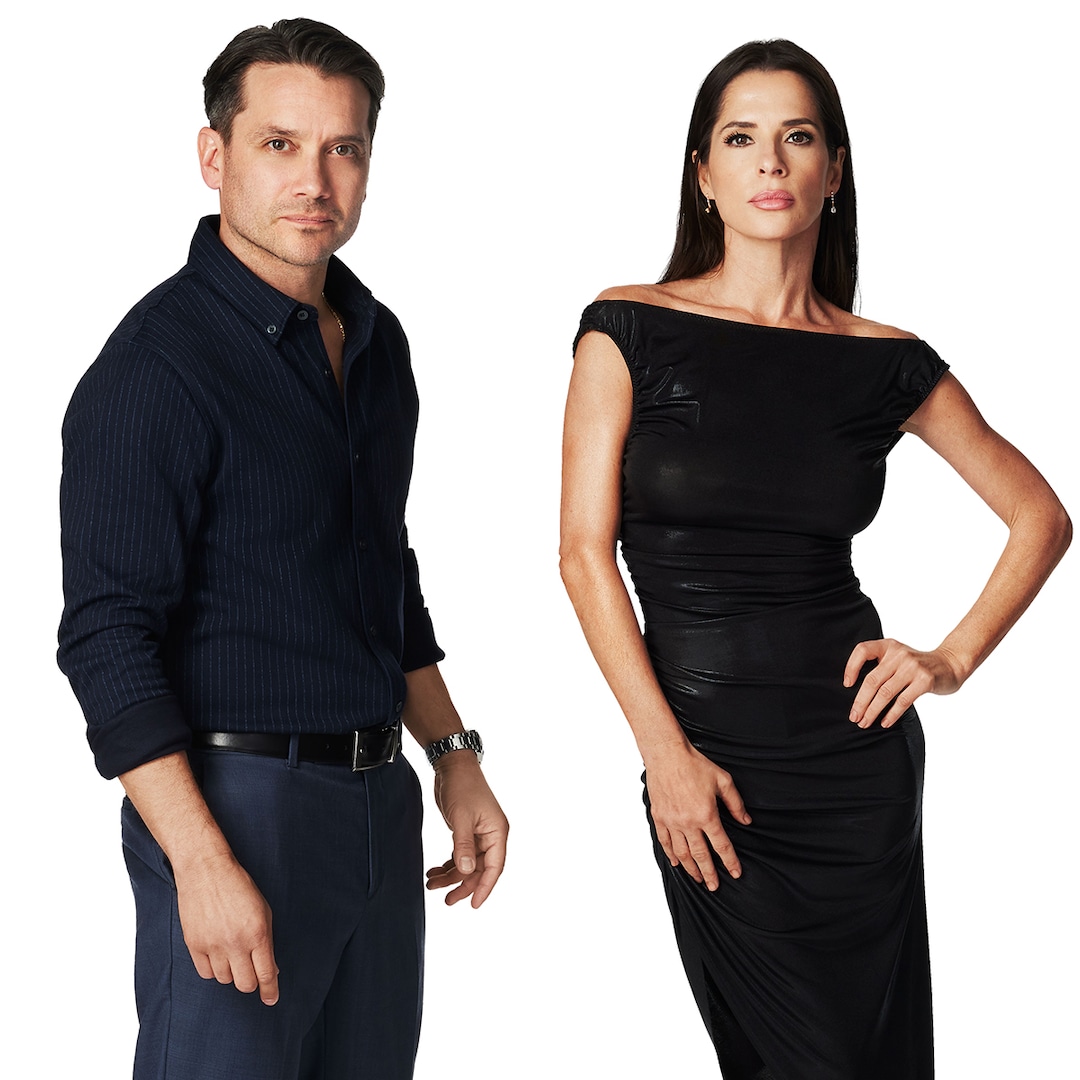
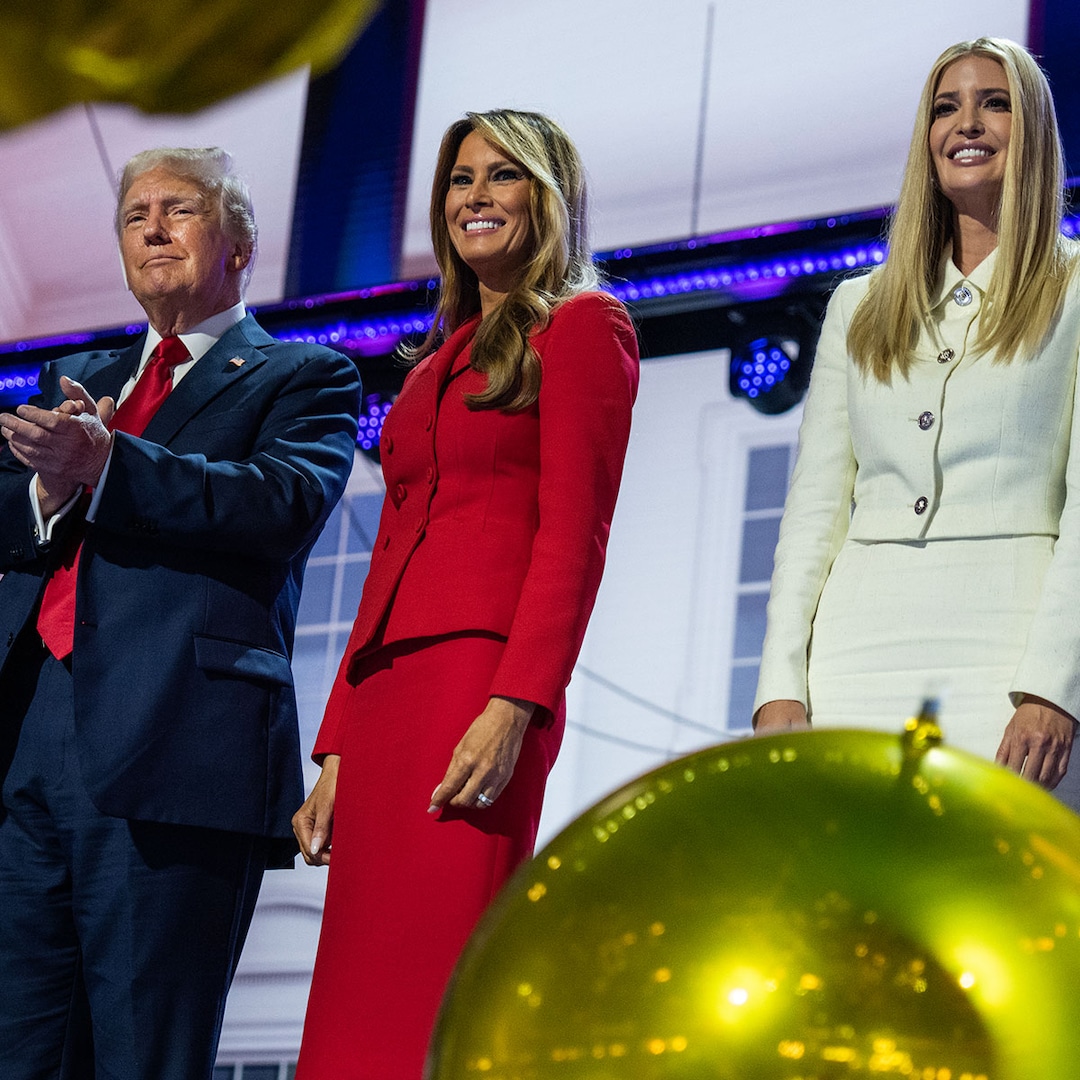
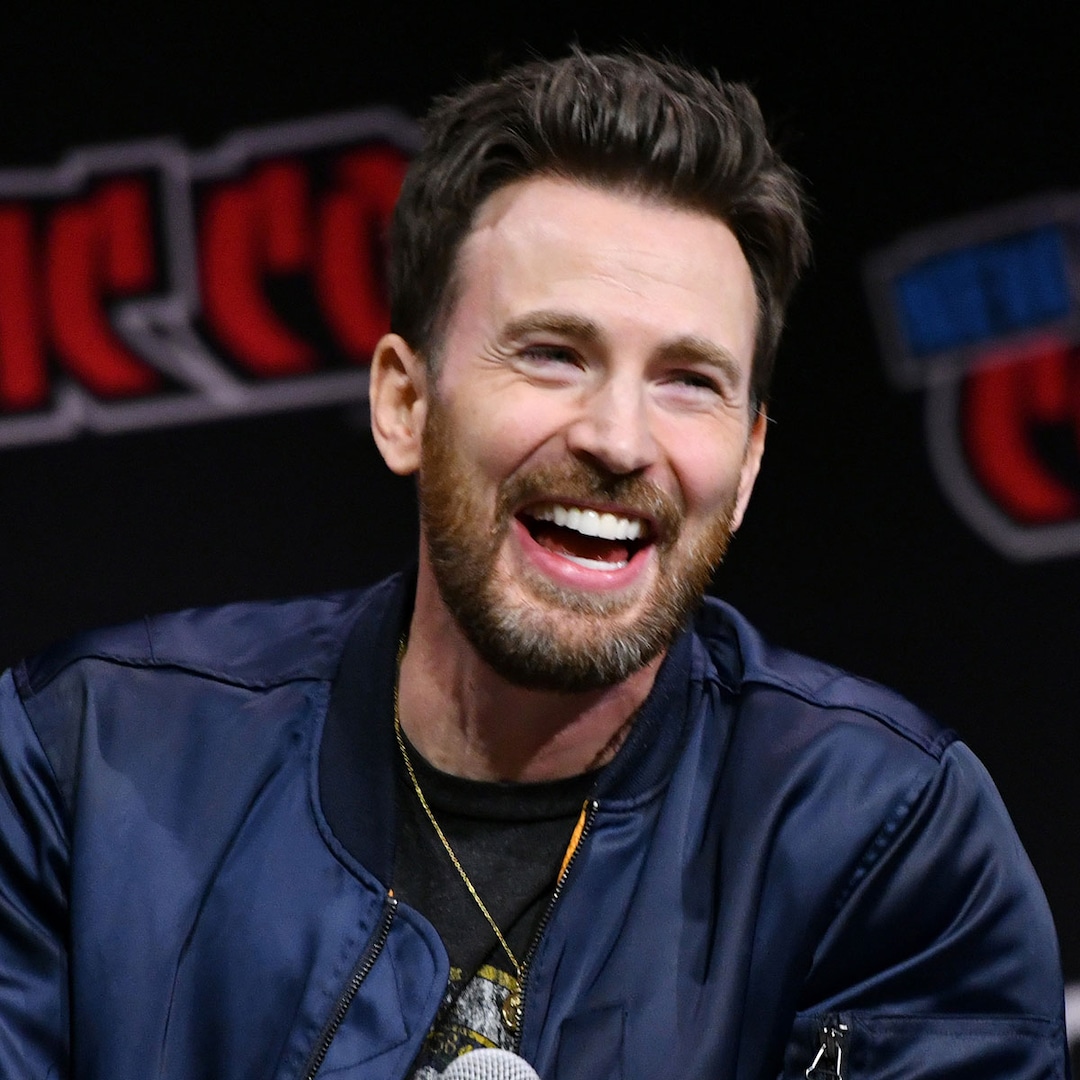

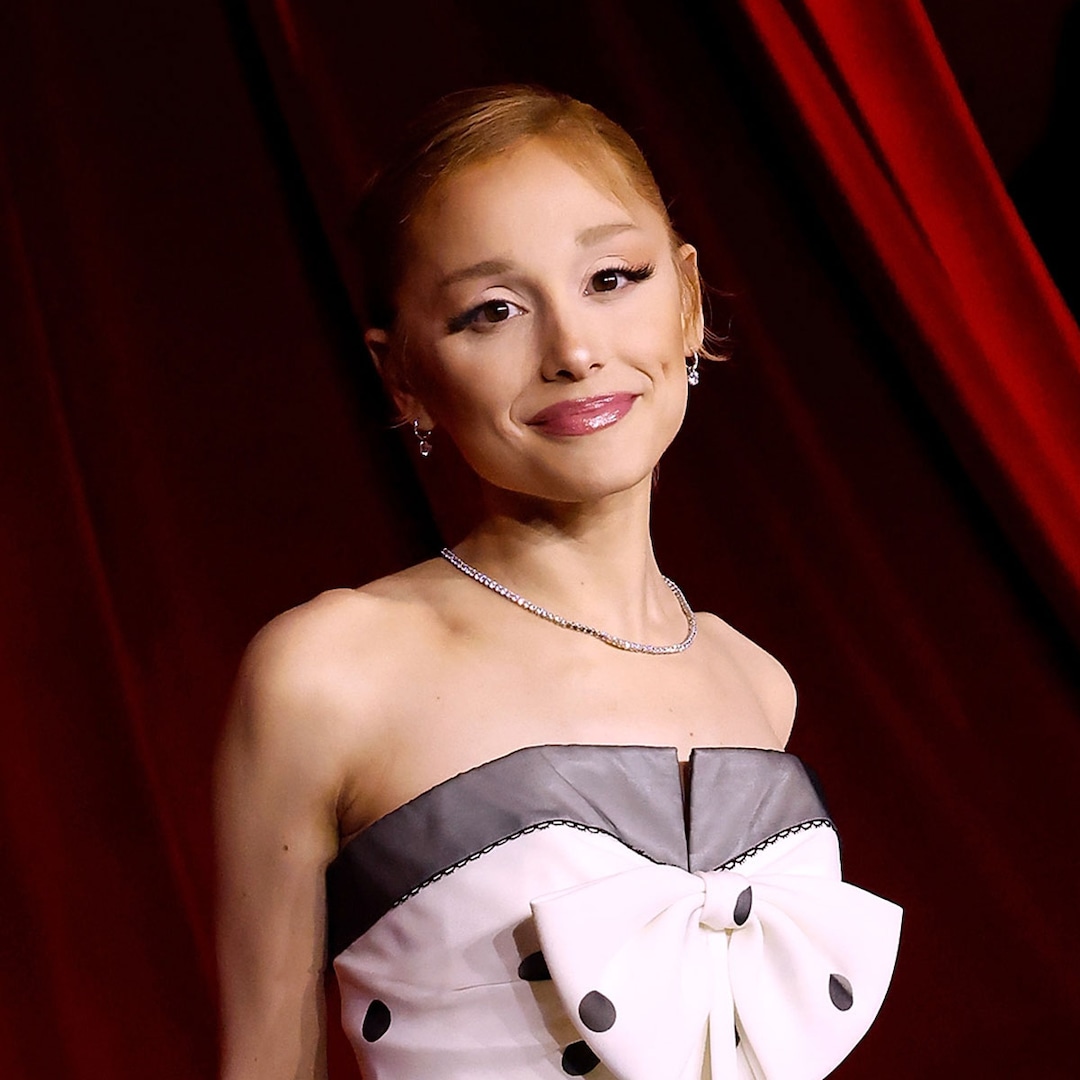
 English (US) ·
English (US) ·